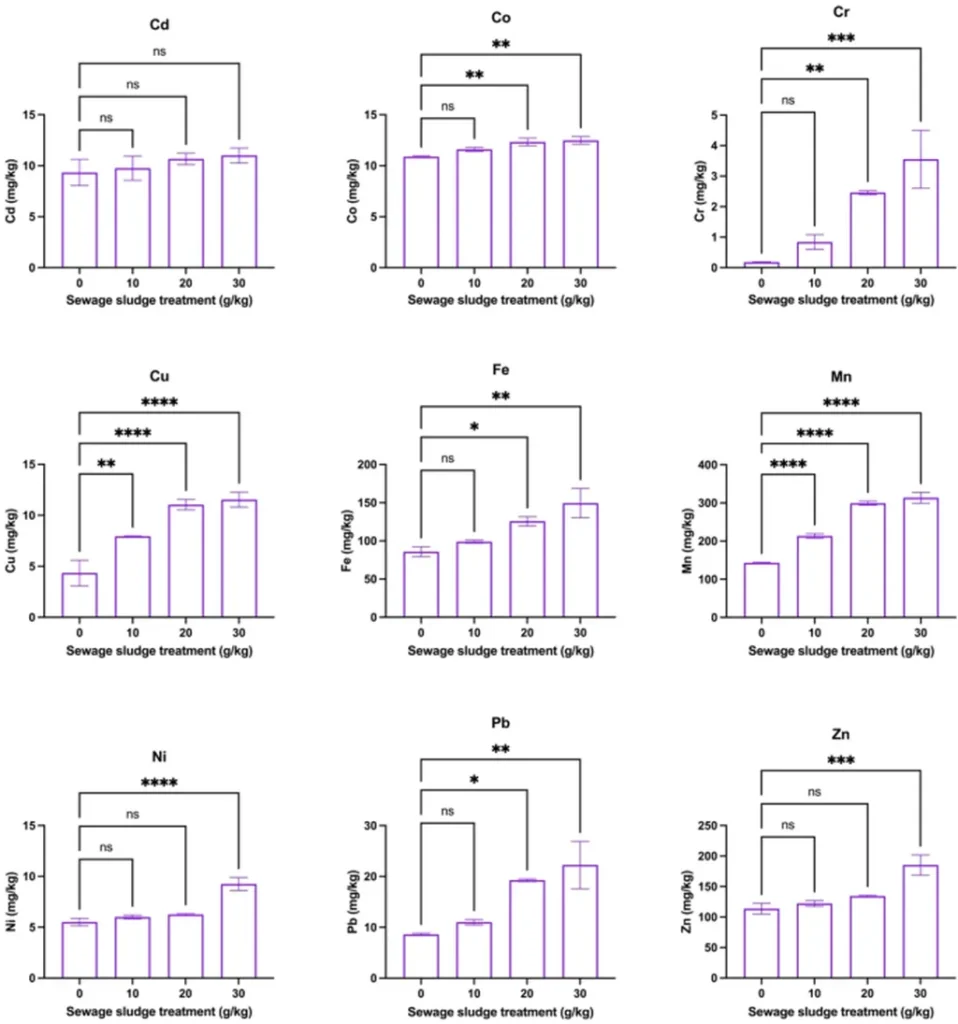In the quest for sustainable agriculture, researchers are increasingly turning to unconventional soil amendments to boost crop yields while minimizing environmental impact. A recent study published in the journal *Scientific Reports* (known in English as *Nature Research Reports*) sheds light on the potential of sewage sludge, or biosolids, to enhance the growth of dill (Anethum graveolens L.) plants, but also raises important questions about heavy metal accumulation.
Led by Mohamed T. Ahmed from the Biology Department at King Khalid University, the research team conducted pot-scale experiments under greenhouse conditions to assess the effects of sewage sludge amendment on dill cultivation. The study explored various application rates—0, 10, 20, and 30 grams per kilogram of soil—and monitored soil properties, plant growth, productivity, and heavy metal accumulation over 59 days.
The findings revealed that a 10 g/kg sewage sludge application yielded the best results, significantly boosting plant height, leaf count, shoot and root biomass, and overall biomass. “This treatment rate provided a balanced enhancement of growth parameters without overexposing the plants to heavy metals,” Ahmed explained. However, the study also highlighted a trade-off: while sewage sludge amendments improved plant growth, they also increased heavy metal accumulation in both roots and shoots, particularly at the highest treatment rate of 30 g/kg.
The research underscores the importance of careful management when using sewage sludge as a soil fertilizer. “Our results indicate that while sewage sludge can be a valuable resource for improving soil fertility and crop yields, it must be applied judiciously to avoid potential health risks associated with heavy metal contamination,” Ahmed noted. The study found that bioaccumulation factors (BAF) and translocation factors (TF) for several heavy metals, including cadmium, iron, manganese, nickel, and zinc, decreased with increased sludge treatment, suggesting lower metal uptake and translocation to shoots.
From a commercial perspective, these findings could have significant implications for the agricultural and energy sectors. As the demand for sustainable and cost-effective soil amendments grows, sewage sludge presents a promising alternative to traditional fertilizers. However, the potential risks of heavy metal contamination necessitate further research and regulatory oversight to ensure safe and sustainable practices.
The study also highlights the need for a deeper understanding of how soil properties, such as organic matter and pH, influence heavy metal bioavailability and accumulation. “By optimizing sewage sludge amendments, we can strike a balance between enhancing crop productivity and minimizing environmental and health risks,” Ahmed added.
As the agricultural industry continues to evolve, research like this will play a crucial role in shaping future developments. By exploring innovative soil management strategies, we can pave the way for more sustainable and resilient farming practices that benefit both growers and consumers alike. The insights gained from this study provide a foundation for further investigation into the complex interplay between soil amendments, plant growth, and heavy metal dynamics, ultimately contributing to the advancement of sustainable agriculture.

